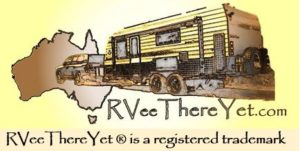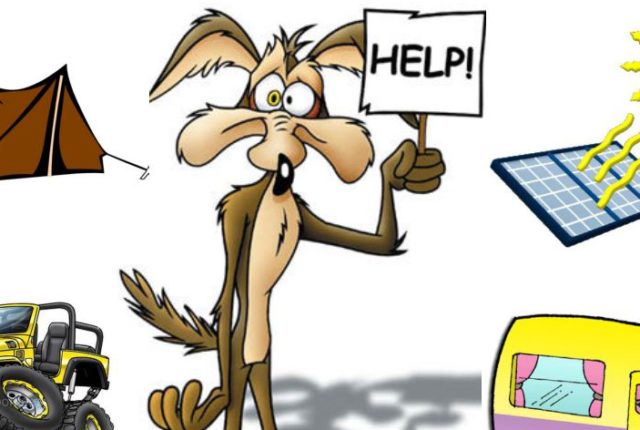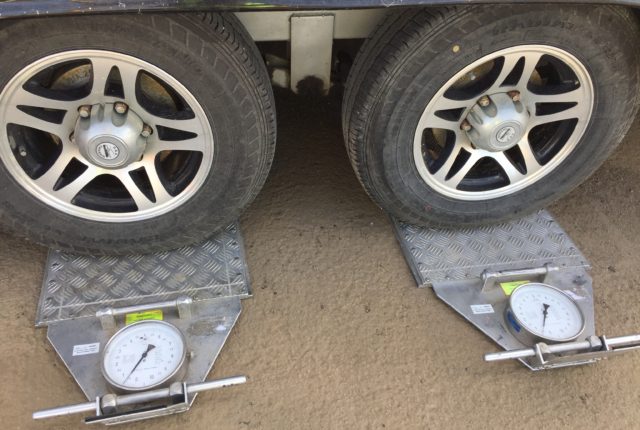Protect your rights when buying or selling privately
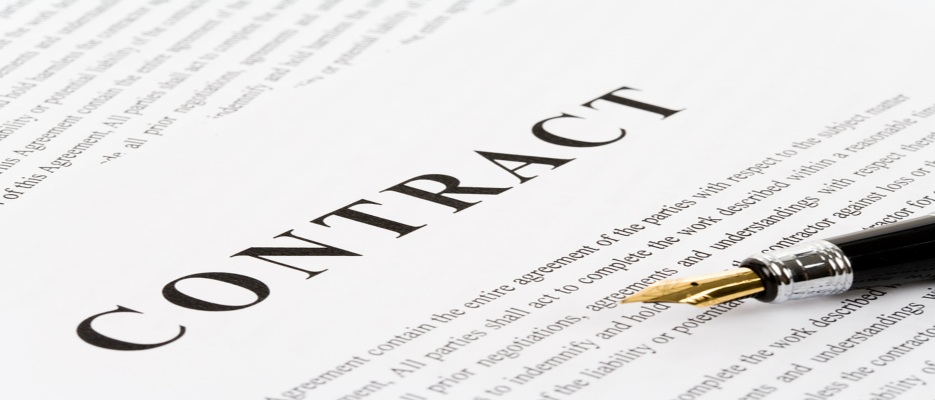
If you’re considering buying a second had caravan, camper or RV, or you are wanting to sell your existing one, it is extremely important to ensure you legally protect yourself against any unforeseen dishonesty on behalf of the other party. Unfortunately we live in an age where common curtesy and decency have been replaced with selfishness and a desire to take advantage of another’s misfortunes.
Some time ago friends of ours sold their car privately. They were out of the country at the time and had to leave the exchange of sale in the hands of another family member. Unfortunately, the person left to handle the sale was not very street smart and ended up handing the car over without the necessary rego transfer papers signed and failed to obtain a copy of the buyer’s driver licence. Consequently, the new owner took full advantage of the situation and drove the car like they had stolen it and soon they had racked up over $3,000 in traffic fines. Because the vehicle was still in our friend’s name, he was liable for all the fines despite having sold the car weeks before. When they tried to have the fines transferred to the new owner, Vic Roads informed them that without proof the car had, in fact, been sold, there was nothing that could be done. They were completely liable unless they could get in contact with the buyer and get them to accept responsibility for the fines.
It was a tragic story and one that has resonated with me ever since.
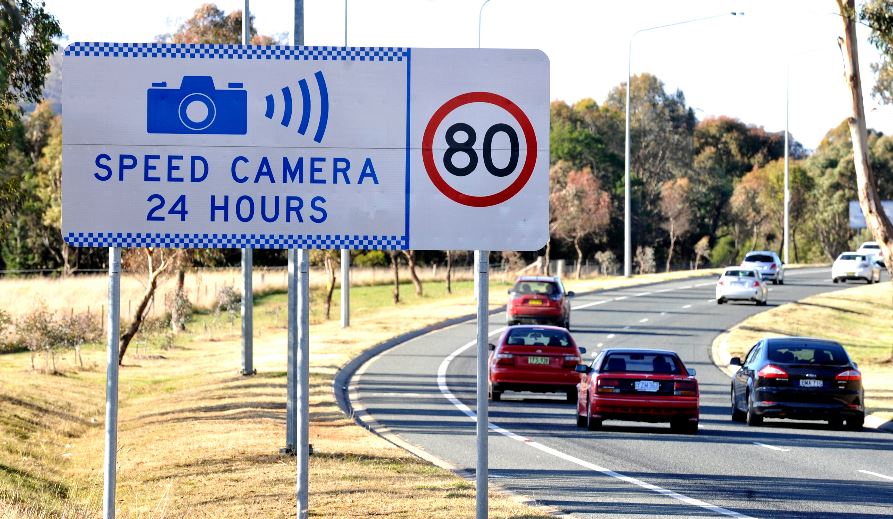 When it came time to sell our River caravan, I made up a ‘bill of sale’ which outlined the terms of the sale, the responsibilities of both parties as well as all the relevant personal information. I made the new owner aware that I wanted them to agree to the terms of sale and that they would sign the document. Fortunately they agreed to this and the sale went ahead without any issues.
When it came time to sell our River caravan, I made up a ‘bill of sale’ which outlined the terms of the sale, the responsibilities of both parties as well as all the relevant personal information. I made the new owner aware that I wanted them to agree to the terms of sale and that they would sign the document. Fortunately they agreed to this and the sale went ahead without any issues.
To assist, I looked up the Vic roads website for information on what was required to effect a transfer of registration and ensured these documents were prepared prior to the buyer arriving. This just meant that I wasn’t reliant on the buyer to do this and avoided any delays in the process. I maintained complete control over the process.
This was also not the first vehicle I had sold privately. One time I sold a car that was out of registration. To assist the buyer, who came from interstate, I arranged for a temporary permit for him so he could drive the car home. Of course I added this to the purchase price which he was happy to pay.
So here’s our tips for a successful private transaction:
- Do your homework and get familiar with the requirements of your local roads authority.
- Prepare as much of the documentation as you can. Don’t rely on the other party to get it right.
- Make up a bill of sale and ensure the other party is happy to accept
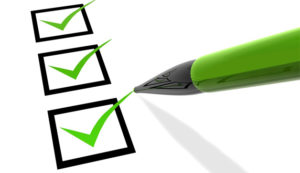 it. If not, they may not be genuine and you should walk away from the deal.
it. If not, they may not be genuine and you should walk away from the deal. - Make copies or take photos of the signed documents as proof they were indeed signed by the other party.
- Take the time to be on the front foot during the process. Don’t wait for the calls to come to you. Let them know you are a serious buyer/seller.
- Bank cheques can be forged. Learn how to recognise a fake and if you have any doubts, walk away from the deal.
- Don’t let money or goods change hands until the bill of sale is signed by both parties. Have a signed original for each party.
- If it smells like a duck, and quacks like a duck and swims like a duck, it’s probably a duck. Trust your instincts and walk away if you feel uneasy or sense something isn’t right.
We have a template bill of sale of a vehicle here for you to download. Feel free to modify it to suit your particular purposes.
Good luck and safe travels.

